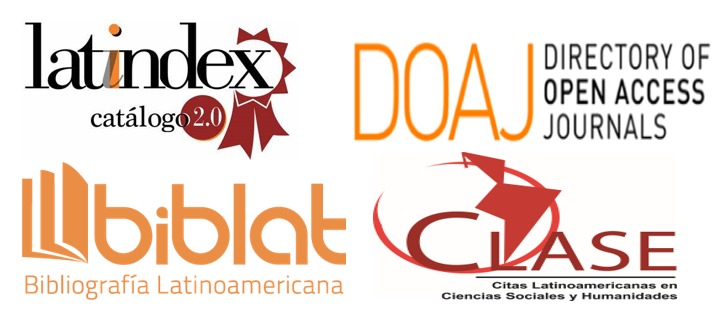James M. Buchanan y la teoría de la elección pública
DOI:
https://doi.org/10.32870/eera.vi10.821Palabras clave:
James M. Buchanan, elección pública, economía no ortodoxaResumen
Uno de los economistas que sin duda ha sido más original y ha tenido más éxito en aplicar los instrumentos del análisis económico a un ámbito que no es el de la actividad económica, es James M. Buchanan, Premio Nobel de Economía en 1986. En su comunicado de concesión de este galardón al profesor Buchanan, la Real Academia Sueca de las Ciencias manifestó que se lo otorgó por "sudesarrollo de las bases contractuales y constitucionales para la teoría de la toma de decisiones económicas y políticas". Asimismo, los medios de comunicación, en su intento de recoger en una sola frase las aportaciones de Buchanan, resumieron éstas en "haber puesto el manifiesto que los políticos están motivados por su propio interés. Ambas formulaciones, aunque de una manera simplificada, ponen de manifiesto el papel central de Buchanan en la transformación gradual que se ha producido en la forma en que los economistas y los científicos políticos conciben y estudian las relaciones de los gobiernos con los gobernados. Veamos cuáles son las principales contribuciones de Buchanan en su elaboración teórica de un método lógicamente convincente el de integrar los procesos económicos y políticos, situándose así su obra dentro de la que podemos llamar economía no ortodoxa o no convencional.
Descargas
Publicado
Número
Sección
Licencia
Derechos de autor 2016 Universidad de Guadalajara

Esta obra está bajo una licencia internacional Creative Commons Atribución-NoComercial-SinDerivadas 4.0.







